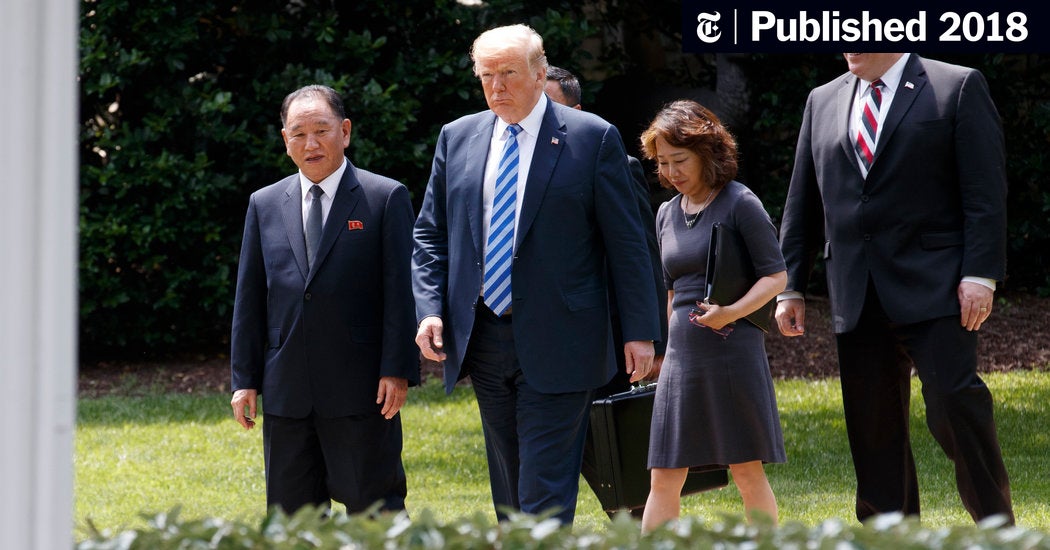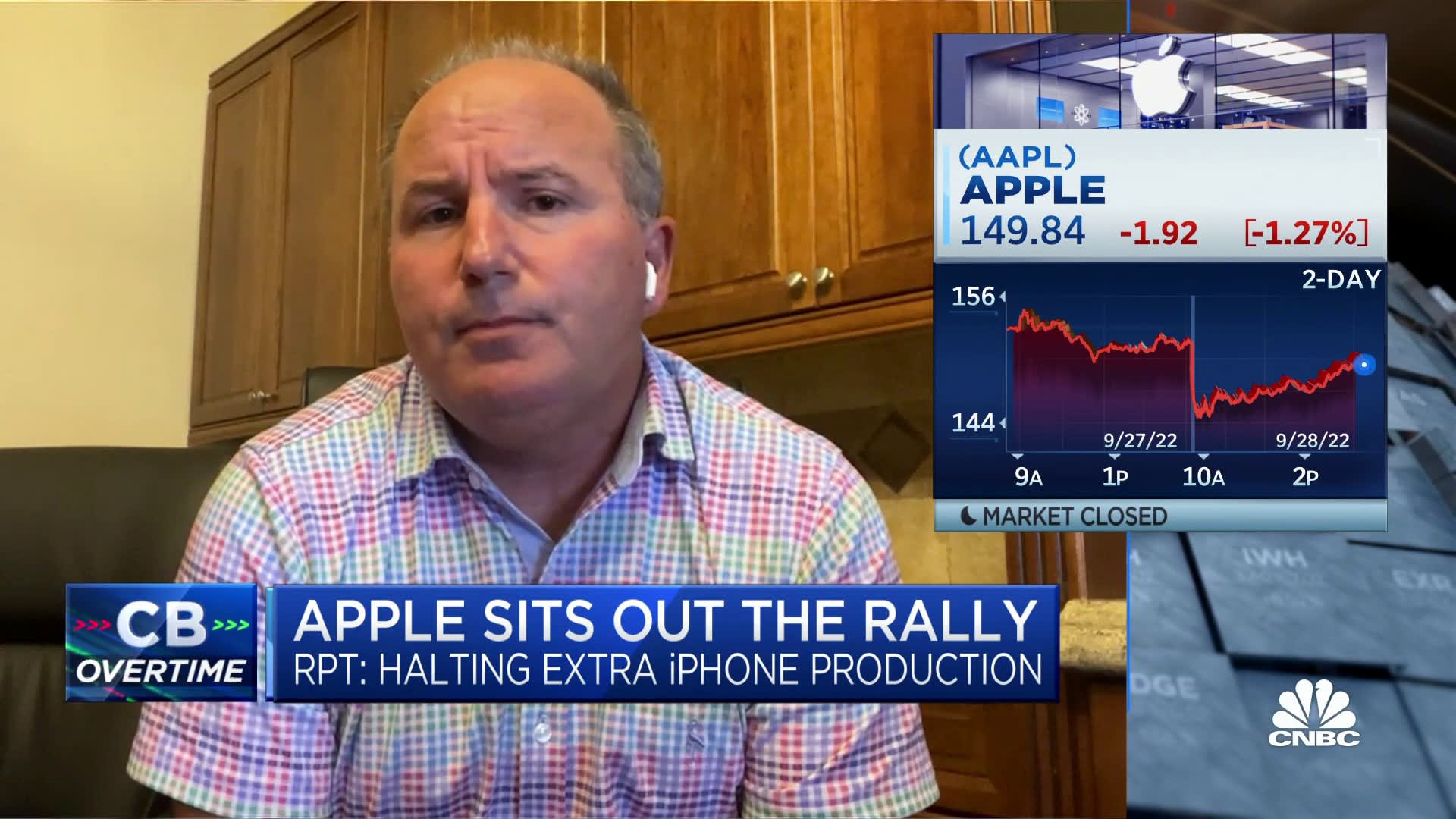Republican Dealmaking: Trump's Influence And Pressure

Table of Contents
Trump's Impact on the Republican Party Platform
Trump's presidency significantly altered the Republican Party platform, moving it in a more populist and nationalist direction. His rhetoric and policies directly challenged the traditional conservative stances on several key issues. This shift wasn't simply a matter of policy changes; it represented a fundamental realignment within the party, prioritizing certain aspects of the platform over others.
-
Shift towards protectionist trade policies: Trump's "America First" agenda led to increased tariffs and trade disputes, significantly deviating from the historically pro-free trade stance of many Republicans. This approach aimed to protect American industries, but also alienated some traditional Republican allies.
-
Hardline stance on immigration: Trump's campaign promises to build a wall on the US-Mexico border and implement stricter immigration policies resonated with a large segment of the Republican base, but also caused significant internal divisions within the party, highlighting the tension between different factions within the GOP.
-
Isolationist tendencies in foreign policy: While not entirely abandoning traditional alliances, the Trump administration prioritized unilateral actions and challenged established international norms, leading to concerns about America's global leadership role and impacting traditional foreign policy deals.
-
Increased emphasis on populist appeals: Trump’s success was built on a strong populist appeal, emphasizing the needs and concerns of the working class and challenging established political elites. This populist message resonated across traditional Republican divides, altering the party's messaging and negotiation strategies.
Trump's Role in Shaping Republican Negotiation Tactics
Trump's unconventional negotiation style significantly influenced Republican dealmaking tactics. His aggressive approach, often involving public pronouncements and social media pressure, created a new paradigm within the party. This approach, while occasionally effective in achieving short-term gains, has had both positive and negative long-term consequences.
-
Use of public pressure and social media: Trump's frequent use of Twitter and other social media platforms to publicly pressure opponents and negotiate deals created a new dynamic in political discourse and reshaped how negotiations were conducted and perceived.
-
Unconventional negotiation strategies: His willingness to challenge established norms and defy traditional political strategies often surprised his opponents, creating both opportunities and obstacles. His 'art of the deal' philosophy didn't always translate effectively to legislative negotiations.
-
Emphasis on winning, regardless of compromise: Trump's focus on victory, sometimes at the expense of compromise, has polarized political discussions and made bipartisan agreements challenging. This "win-at-all-costs" mentality permeated Republican dealmaking under his administration.
-
Impact on bipartisan cooperation: Trump's confrontational style and lack of emphasis on compromise significantly strained bipartisan cooperation. His administration's approach often prioritized partisan advantage over collaborative problem-solving.
Case Studies: Analyzing Specific Deals
Several legislative deals and negotiations illustrate Trump's significant influence:
-
Tax cuts legislation: The 2017 Tax Cuts and Jobs Act, while passed with Republican support, demonstrates how internal disagreements within the party could still emerge, even under Trump's influence. The legislation represented a significant policy shift, but its long-term economic consequences remain a subject of debate.
-
Infrastructure negotiations (or lack thereof): Trump's repeated promises of a massive infrastructure plan failed to materialize due to difficulties reaching bipartisan consensus and internal disagreements over funding and priorities. This highlighted the challenges of achieving major legislative goals under his leadership.
-
Judicial appointments: Trump's successful appointments of conservative judges to federal courts, including three Supreme Court justices, represent a significant and lasting impact on the judiciary. These appointments demonstrated how Trump's influence extended beyond legislative matters to reshaping the long-term power dynamics of the judicial branch.
The Future of Republican Dealmaking in the Trump Era
Trump's impact on Republican dealmaking extends far beyond his presidency. His influence has created long-term consequences for the party's internal dynamics and its approach to future negotiations.
-
Increased polarization within the Republican Party: Trump’s presidency exacerbated existing divisions within the Republican Party, creating factions loyal to him and others resistant to his style and policies. This internal division continues to shape the party's approach to dealmaking.
-
Challenges in forming bipartisan coalitions: Trump's confrontational approach made bipartisan cooperation difficult, and this challenge continues to impede the Republican Party's ability to reach compromises and pass legislation.
-
Impact on legislative productivity: The challenges of internal divisions and strained bipartisan relations have impacted the Republican Party's legislative productivity, hindering the party's ability to pass its agenda.
-
Potential scenarios for the future of Republican dealmaking: The future of Republican dealmaking will depend on the party's ability to navigate its internal divisions and determine whether Trump's approach remains the dominant paradigm or if a new, more moderate, approach is adopted. Future Republican dealmaking will likely incorporate elements of both traditional conservative principles and the populist appeals that propelled Trump to power.
Conclusion
Donald Trump's influence on Republican dealmaking has been profound and multifaceted. His unique negotiating style, coupled with his impact on the party platform, has left an undeniable mark on the Republican Party and its ability to negotiate effectively. The increased polarization, challenges in bipartisan cooperation, and the legacy of his unconventional tactics will continue to shape the party's future. Further research and discussion are needed to fully understand the complex dynamics of Republican dealmaking under Trump's influence and pressure. Understanding these dynamics is crucial for comprehending the future of the Republican Party and American politics. Continue exploring the complexities of Republican dealmaking and the ongoing legacy of Trump's impact.

Featured Posts
-
 Find Tranquility An Andalusian Farmstay Getaway
May 25, 2025
Find Tranquility An Andalusian Farmstay Getaway
May 25, 2025 -
 10 Rokiv Peremozhtsiv Yevrobachennya Uspikhi Ta Podalsha Kar Yera
May 25, 2025
10 Rokiv Peremozhtsiv Yevrobachennya Uspikhi Ta Podalsha Kar Yera
May 25, 2025 -
 Atletico Madrid Sevilla Yi 2 1 Yendi Mac Oezeti Ve Analizi
May 25, 2025
Atletico Madrid Sevilla Yi 2 1 Yendi Mac Oezeti Ve Analizi
May 25, 2025 -
 Should You Follow Wedbushs Bullish Apple Stance After Price Target Drop
May 25, 2025
Should You Follow Wedbushs Bullish Apple Stance After Price Target Drop
May 25, 2025 -
 Bengalurus New Ferrari Service Centre A Detailed Overview
May 25, 2025
Bengalurus New Ferrari Service Centre A Detailed Overview
May 25, 2025
